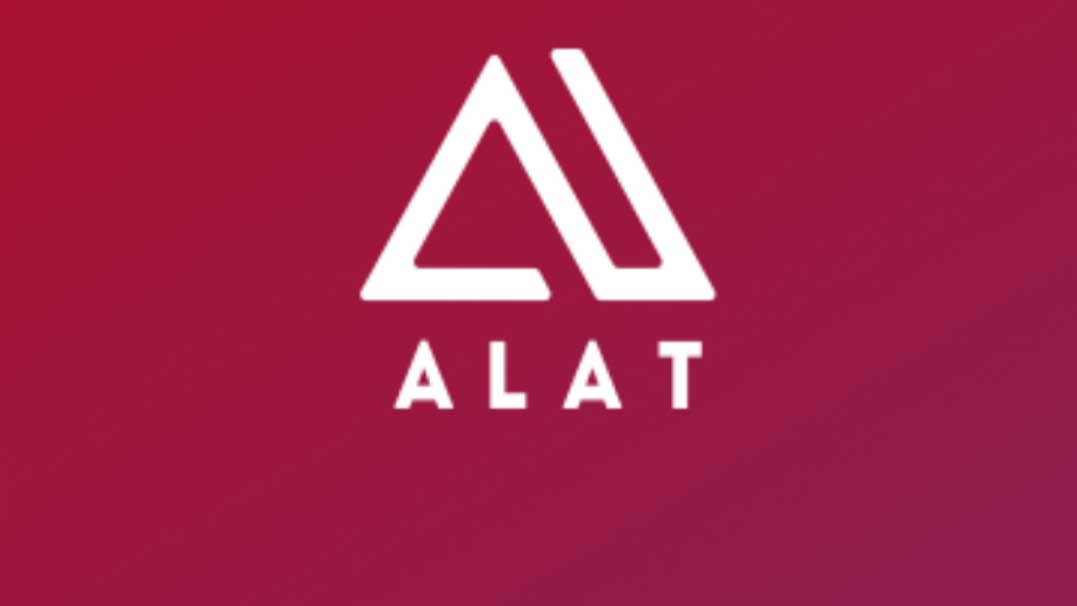The Deputy Governor of Lagos State, Dr Kadiri Obafemi Hamzat, has maintained that Artificial Intelligence (AI) is poised to drive the global economy over the next two to three decades, urging Nigerian businesses to adopt innovative technologies in order to remain competitive and avoid being left behind.
Hamzat stated this at the 10th FATE Business Conference with the theme: “AI-Powered Business: Innovate, Automate, Accelerate.” The conference aimed to foster wealth creation by enabling entrepreneurs to start, grow, and scale their businesses sustainably.
The Deputy Governor, in his address, noted that AI has moved from academic theory to everyday reality, redefining industries from agriculture and finance to healthcare, logistics, and entertainment.
“AI is the ultimate innovation multiplier. It allows us to take raw material or data and transform it into new products, new services, and new business models,” he said.
According to Hamzat, small entrepreneurs can now use AI tools to predict demand, manage inventory, and design campaigns, while farmers can apply AI to determine the best planting and harvesting periods. Politicians, he added, are even leveraging AI to anticipate public opinion. He warned, however, that while AI accelerates innovation, it does not replace human thinking.
“In the AI age, playing it safe is probably the riskiest thing you can do. Businesses that dare to experiment and innovate faster than the competition will thrive,” he stated.
The Deputy Governor underscored the urgency for Nigeria to seize the AI opportunity, pointing to global milestones like IBM’s Deep Blue defeating chess champion Garry Kasparov in 1997 and IBM Watson’s quiz show victory in 2011 as examples of AI’s long trajectory.
Today, he said, AI underpins fraud detection in banking, precision farming, early medical diagnosis, logistics optimisation, and 24/7 customer service.
He also stressed the importance of education reform, shifting from rote memorisation to problem-solving skills, to prepare young Nigerians for an AI-powered future.
However, Hamzat cautioned against over-reliance on foreign datasets that often exclude African perspectives, warning that biased data could lead to flawed outcomes.
Chief Executive Officer (CEO), GENAI Learning Concept Limited, Sunny Iroche, in his keynote address titled “The Future is Now: Embracing AI for Sustainable Competitive Advantage,” projected that AI would contribute as much as $15 trillion to global Gross Domestic Product (GDP) by 2030.
He stressed that beyond adoption, businesses must build capacity to fully harness AI’s potential.
“To make your company an AI-first or AI-fueled company, you need financial capacity, and you need people who can actually use AI,” he said. Iroche also addressed fears of job losses, emphasising the importance of re-skilling.
He proposed a 4C framework for AI readiness, to include Consequence, Capability, Culture, and Compliance, urging businesses to measure their preparedness not only in technology but also in organisational culture and workforce adaptability.
Earlier in her welcome address, President of FATE Foundation, Adenike Adeyemi, reflected on the journey of the conference, which has now run for a decade.
“This conference started as an idea to bring entrepreneurs together. It was initiated by members of the FATE alumni community who wanted a space to connect, to network, to learn, to be inspired, and also to inspire,” she said.






